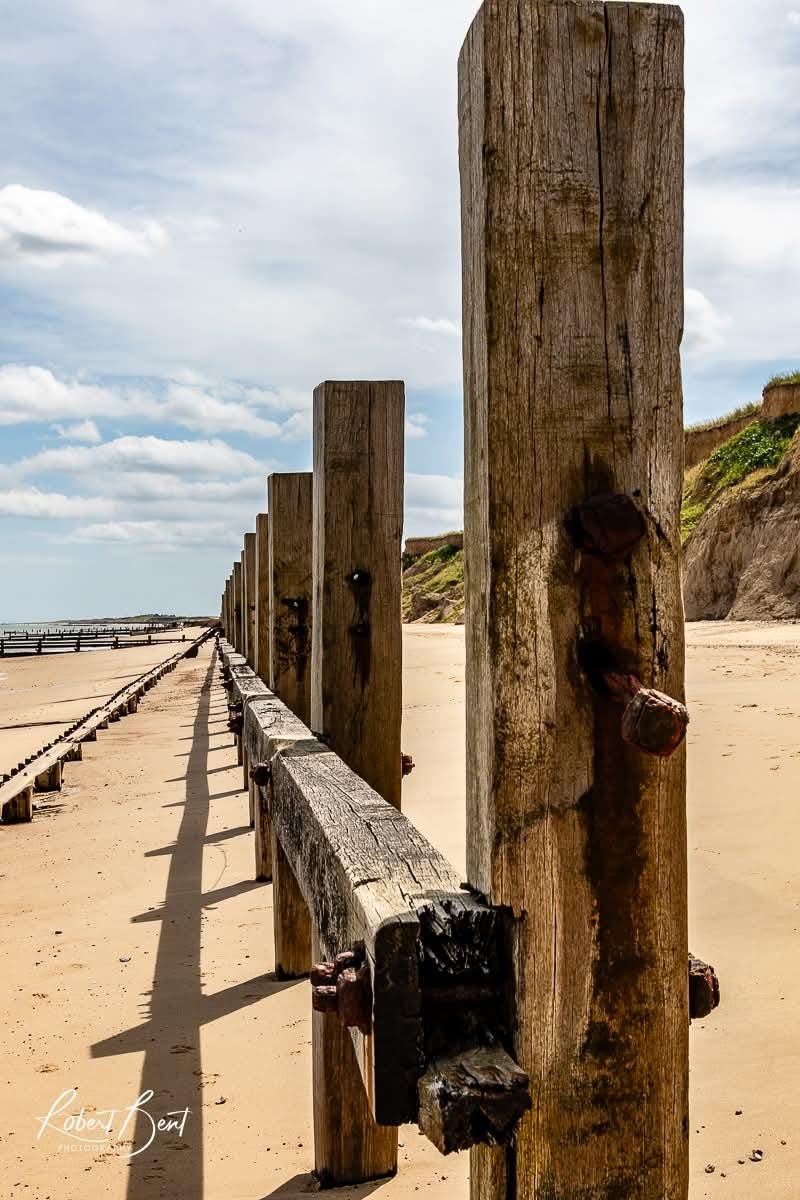Like many people (though not all) I was surprised to read the recent report in The Observer newspaper questioning the truth behind The Salt Path book. I read the book soon after it was published and have also read Raynor Winn’s subsequent two books. I enjoyed The Salt Path, loved Landlines, but The Wild Silence didn’t quite hit the spot with me.
I’ve always loved memoir and some of my favourites include Hidden Lives and Precious Lives by Margaret Forster….incidentally, if you haven’t read any of her books, she was the most beautiful writer and her books are wonderful…When Did You Last See Your Father by Blake Morrison, One Woman Walks Europe by Ursula Martin (not strictly a memoir, but a personal journey) and all four of Clover Stroud’s memoirs. There are so many more, but suffice to say I’m a huge fan of the genre.
Much has been written since the weekend as to whether trust has been broken irrevocably between writers and readers of memoir and how damaging it may be from now on for writers hoping to get their memoirs published; also, many people feel duped that a ‘story’ they believed to be true may not be quite what they believed after all.
I was interested in a note written by The Disabled Ginger
asking ‘are we addicted to Inspiration Porn'?’ Are we so entranced by what we see on social media; the beautiful homes, the fabulous designer wardrobe, the amazing holidays, the bestselling first book that we lose sight of what’s curated and what’s real?My own Substack page could be seen as peddling exactly that as I write about how we sold our house and 99% of our possessions to have a narrow boat built to live on and how we split our time between living on the boat and in our van.
In 2020, we started a Facebook blog called Boomers on Board as a way of recording this process because people seemed astounded (and were interested) that we’d done something seemingly quite extreme, but what had happened before then felt extreme to me. What precipitated our decision was a massive breakdown in my life and the belief that living a quieter life would help me to get back on track.
The truth is that to rewire my brain, so I’m no longer living in survival mode takes a lot more than living a quieter life, but who wants to read that changing your beliefs and behaviours can take years and is a tough road to travel; who wants to read that letting go of people pleasing, performing and being self critical is ongoing ‘work’ and isn’t just a matter of thinking differently? Not the stuff of dreams!
We all want a quick fix, not to have to do the daily relentless slog that takes time, effort and energy and often leaves us feeling that we’re taking one step forward and at least two steps back.
(What Are Words Worth) writes about being told by a publisher when trying to sell a book that he needs a USP to take his book ‘to another level’; I’ve also read of other writers being told they don’t have enough ‘followers’ for a publisher to take a punt on their manuscripts, but in curating what we write and consume, there can be a gap where the whole truth gets lost or at least distorted.I’ve also read comments that The Salt Path was (and still is) so popular because it feeds into the dream that people have of chucking in their jobs and going on a long walk!
We’ve been told many times that we’re ‘living the dream,’ but that is a reductionist viewpoint and in no way describes my/our daily life.
There are many ‘boat life’ and ‘van life’ vlogs out there and clearly, no one wants to read about/view a misery fest, so bloggers and vloggers present their best faces and experiences to their readers/subscribers and those readers/subscribers dream about giving in their notice at work and starting a new life with less responsibility; who wants to read about real life?
Of course, the truth of these curated lives is much more prosaic, yet not without it’s beauty and very many positive aspects.
I read the term ‘diffusion of responsibility’ recently aka ‘the bystander effect’ meaning ‘a type of behaviour change observed among groups of people’ and I wonder if in wanting to always believe in happy endings, we overlook our sense of personal responsibility or discernment in what we believe to be the truth?
Many people say they feel betrayed that The Salt Path may not all be true, that their trust in the writer has been broken and I understand that in terms of this particular situation, but do we need to be concerned that all memoir may be untruthful? Is this an example of the ‘bystander effect’ where rather than exercise personal discernment about one situation, we become suspicious about all memoir writers?
In the book The Four Agreements by Don Miguel Ruiz, one of the agreements is ‘don’t take anything personally’. Ruiz writes;
‘Humans are addicted to suffering and we support each other in maintaining those addictions’.
‘Nothing other people do is because of you, it is because of themselves’.
If we believe everything we read or see without discernment, we take the chance of being disappointed when things are not quite as shiny as we first believed; if we align ourselves to the views and opinions of others without question, we can lose ourselves, our beliefs and our values.
I’m not being judgmental here, but taking things personally (that have nothing to do with our decisions) will always be painful and taking responsibility for our choices allows us to reclaim a feeling of agency and self trust and that’s the good news.
I don’t mean this newsletter to sound ‘judgy’; most of us like to read about people who have changed their lives in some way and it meets the need within us to believe we can change our lives in a positive way too.
From the outside looking in, it may appear that I’m ‘living the dream’, but that isn’t a true representation of my life.
It’s the small, simple things every day that I cherish; not being tied to a timetable, having the time to read when I choose, deciding whether to go out on the canal on the boat or to go to the seaside in the van and having the time and space to figure out how best to live my life at the point I’m at.
Changing my life was about wanting to learn more about me, what makes me happy, what brings me peace; not everyone has (or takes) the opportunity to do this and ‘becoming’ can be painful too.
Shedding ‘stuff’, both in practical terms and emotional terms isn’t for the faint hearted, but it’s my truth, my responsibility and I’m accountable for it.
If The Salt Path isn’t all it was professed to be, I don’t feel slighted as I don’t take it personally. David Foster Wallace wrote ‘you’ll stop caring what people think about you when you realise how seldom they do’. Each of us is responsible for our own choices and actions, but the good news is when we make the ‘right’ choices and do the ‘right’ thing, we find peace of mind and that’s priceless.











I loved The Salt Path and Landlines so my initial reaction to the Observer article was a sense of something akin to betrayal but after sitting with that a while I realized that there have always been biographies and autobiographies that were incomplete or less than honest, so am I being fair to expect more from a memoirist? I wasn’t present for the events and conversations so I can’t verify anything 100%. If I’d been present my recollection might be different than the author’s or another witness. That applies to other involved parties and the investigative reporter too. We are all human, we all decide how much of our lives to share, how large a window we want to open. I’m not about to burn these or any other books. I am trying to find some grace for all involved. Raynor Winn has posted a statement on her website that answers the allegations in the article in a plausible way but the full truth will ever only be known by those who lived it. www.raynorwinn.co.uk
This was a very interesting post on many levels, Karen! Thanks for sharing your thoughts.
What particularly resonated with me was when you wrote: "The truth is that to rewire my brain, so I’m no longer living in survival mode takes a lot more than living a quieter life, but who wants to read that changing your beliefs and behaviours can take years and is a tough road to travel; who wants to read that letting go of people pleasing, performing and being self critical is ongoing ‘work’ and isn’t just a matter of thinking differently? Not the stuff of dreams!" I couldn't agree more because I found myself in a very similar (or you could say the same) situation.
When I started my Substack almost a year ago, I thought I was further along on my healing path, that I had already changed my life and learned so much that I could pass on experiences and knew something that might help others. When the inevitable (that's what I know now), but for me at that moment surprising setbacks happened, although I thought I had it (almost) all figured out, I wasn't sure how to deal with it on my blog. Even the name "Happy Quiet Life" didn't seem to fit any longer. What to do? Would I present only the happy sides now although I went through tough times and ended up in survial mode again because people would expect that and would want to read only the good stuff? Or would I abandon my blog and deal with the setbacks privately? Or would I be honest with my journey and share my diffculties? (But exactly, who wants to read that? Here's where the quote above comes back in again.)
In the end, I decided to be very open and honest about it. For myself and for potential readers. Honesty was something I missed a lot with others, I'm not one who for superficiality either or for showing only the perfect, glamourous side, carefully curated and then passing it on as real life. Most of the time it isn't. In most cases, we actually know this, but sometimes we just don't want to believe it because we want to hope it can be true.
As inspiring as these stories can be, I think they put a lot of pressure on us. When we can't change as seemingly fast as others or we aren't successful changing our beliefs and behaviours in an instant, when just one walk doesn't heal everything, there's clearly something wrong with us, there has to be, right? Because others did it before, so it must be possible. Which can make us feel worse.
So as much as we need uplifting, inspiring stories, it's a good idea to remember that they are more often than not curated to fit a need. (I'm not writing about The Salt Path here, just in general.) But there are other needs too, like honesty and openness about what it can really be like. I like it real, not perfect, and it gives me so much more to read about honest journeys, ups and downs, learnings and setbacks and all. These are the Substack I enjoy the most - like yours. :) And I enjoy writing one of them too.